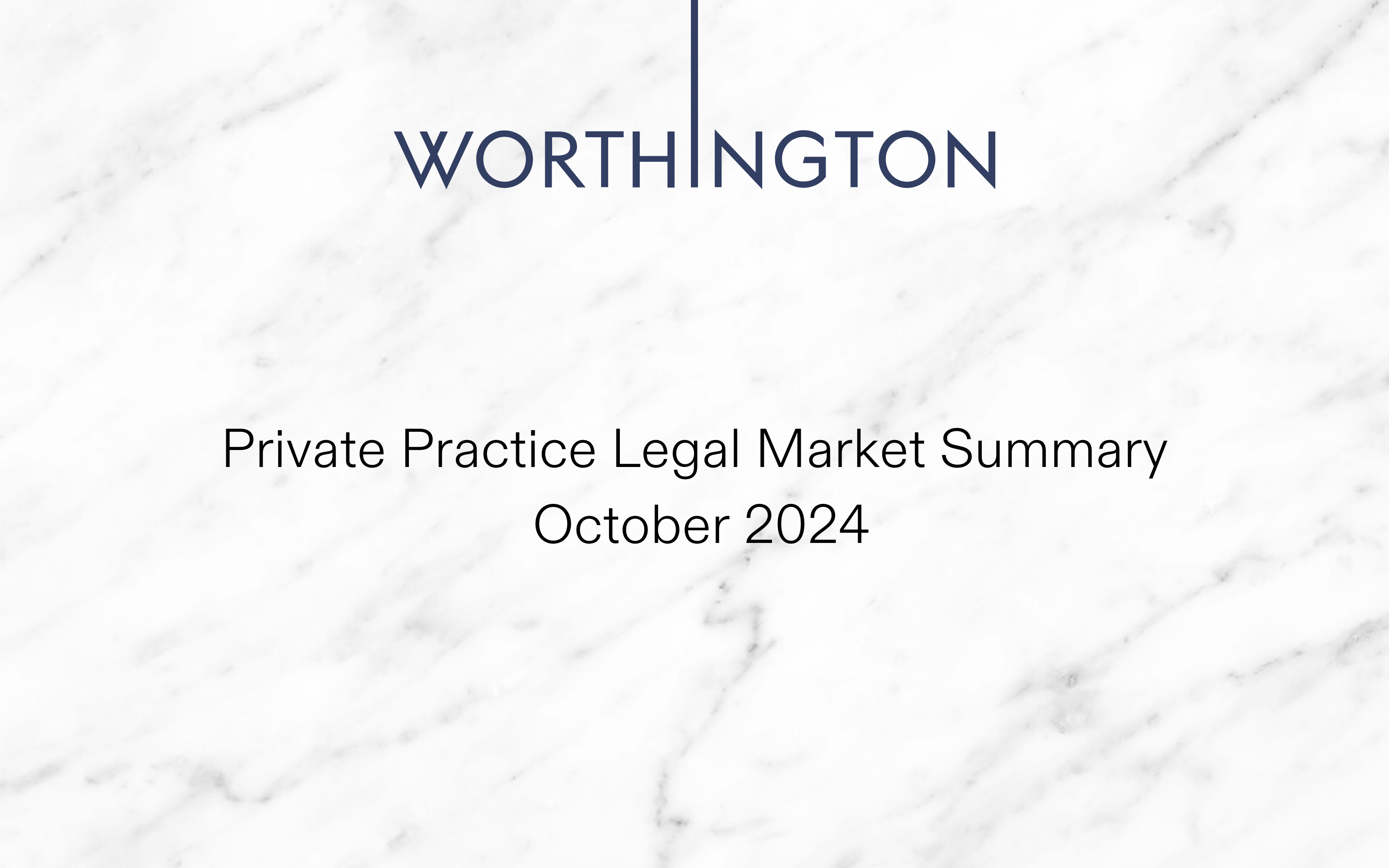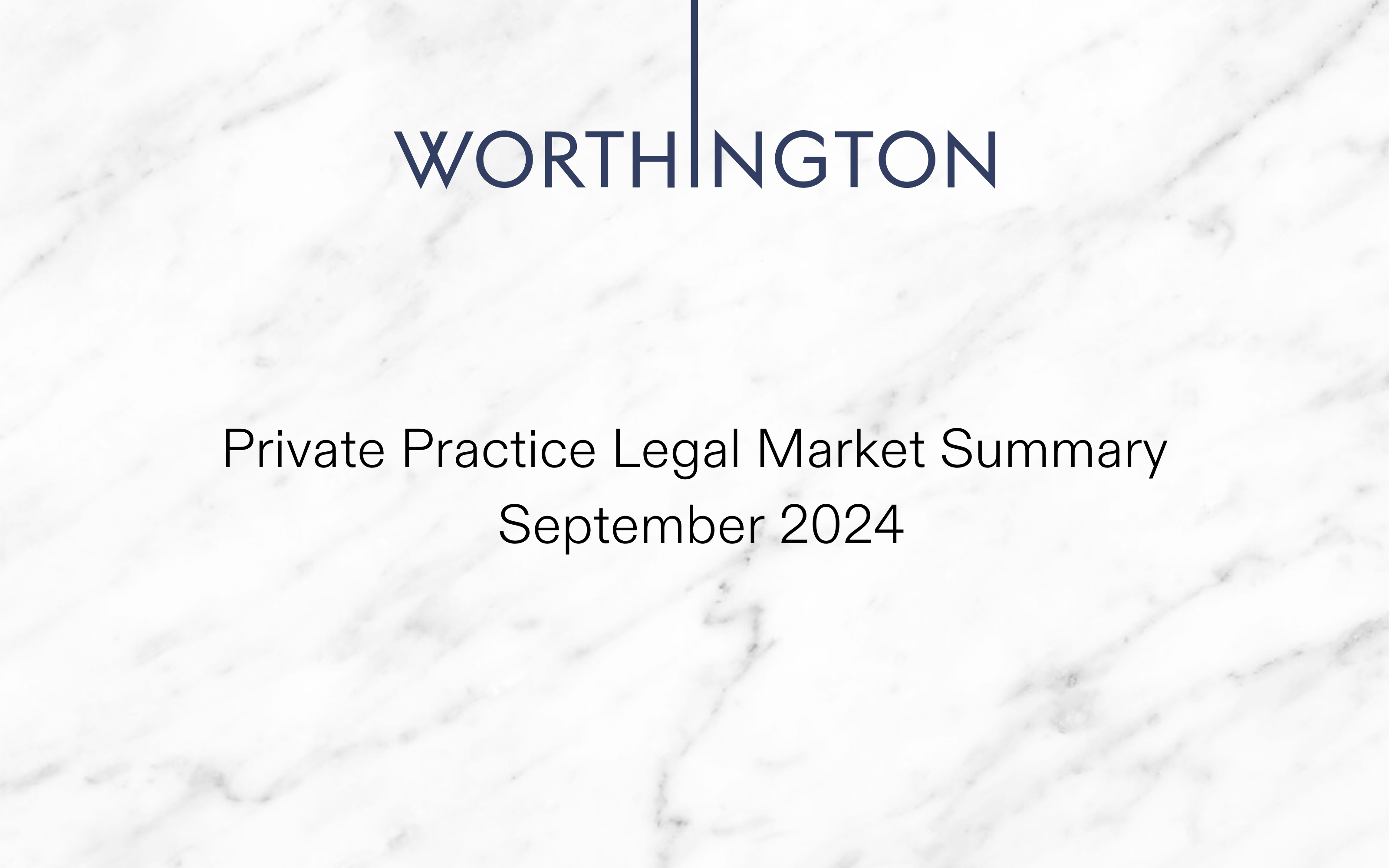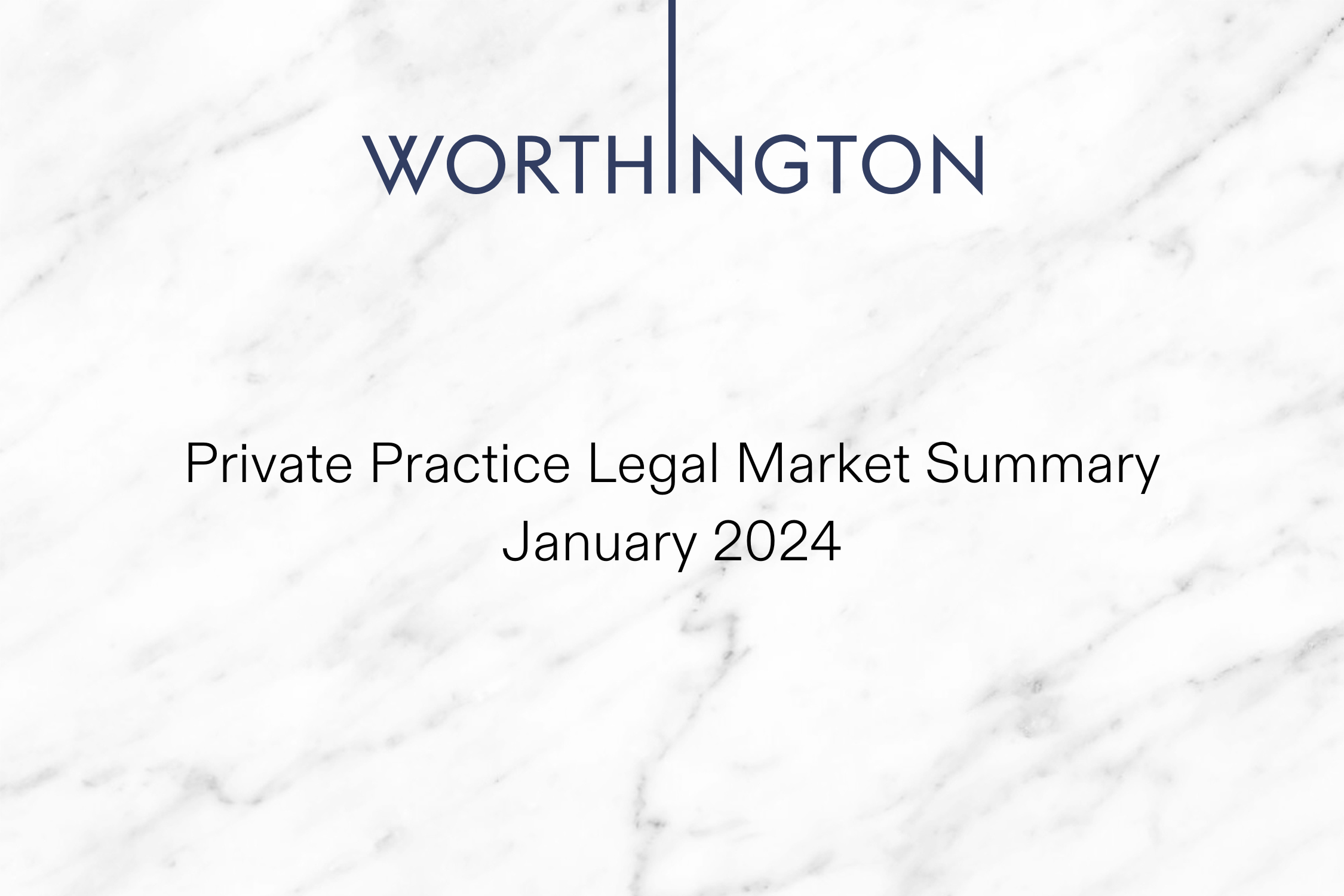
Over the last couple of years, as a result of the pandemic, the global economic situation and as a result of personal choice, an increasing number of candidates have found themselves with career gaps in their CV.
Whilst your recruiter is likely to already have explained the reason for the gap to any future employer it is highly likely that they will want to hear it from you directly. Even if it is not specifically raised, at some point in nearly every interview you will be asked to walk through your CV and experience. In addition to your skills and experience, you need to be able to explain your transitions between jobs and this includes any gaps. This is critical. When you ignore gaps between jobs when discussing your CV you lose the opportunity to control the narrative about your job transitions or time away from the workforce.
Explaining a gap in your CV can be done in a clear and concise manner. Employers understand that gaps can happen for various reasons.
Be honest
This is the most important consideration. Avoid trying to hide or downplay it.
Provide a brief explanation
Explain the reason for the gap in a concise and straightforward manner. In each case you should seek to highlight any transferable skills you gained during that time. These are some of the most common reasons we see for gaps in a CV.
Whilst taking time off to raise children is a very common and accepted reason for a career break you can add to this by explaining how you used that time to gain skills, knowledge, or experience that’s relevant to the job. This is particularly helpful if you took an extended break for many years. For example, did you volunteer at your kids’ school? Organize events or fundraising efforts? Were you the parent who arranged travel for sports team activities? All of those things can be translated to the job you’re applying for.
If you took time away to care for a parent or family member, own the choice you made to spend that important time with them. Take a look at that experience through the lens of the job. For example you could focus on your role as a liaison with your family member’s health care providers or if you were an executor the finance, communication and organisational skills you had to apply.
With the lack of possible travel during the pandemic we have seen candidates now take extended breaks to travel the world to make up for lost time! When moving back into a corporate work setting after taking time off to explore, focus on how you used that time to gain new perspectives. For example you could discuss the nuances of interacting with people from different cultures and how experiencing life in other countries gave you a different perspective which you might not have had before. If you spent time learning a second, third, or fourth language, explain how your ability to be conversational or fluent will make you a higher-performing candidate than those who aren’t multilingual.
Candidates often use a career break, whether planned or unplanned, for further studies. This has included becoming legally qualified in another jurisdiction, undertaking an MBA, completing courses in ESG or other topical areas, undertaking finance qualifications such as a CFA qualification or perhaps undertaking leadership courses.
It is important to explain your motivation for undertaking the specific course and how it could be useful to a potential employer.
Unfortunately across the legal sector in the last year we have seen many firms make redundancies affecting both fee earners and support staff. If you were impacted by firm wide redundancies that were not performance related, explain to the interviewer how the business strategy may have changed or how macro issues were affecting the firm.
If you were terminated for performance, clearly your employer didn’t think you were successful in your job. However there can often be more to it and it may have been a mutual agreement. Perhaps you didn’t feel the role was what you expected. In this case, you can explain that the job was different than you believed it to be and didn’t leverage your skills and capabilities in the most effective way. Always explain what you learned from the experience and how you are actively working to make sure your next move is closer to your expectations.
If you were in a toxic environment or decided to quit for any other reason, don’t bring that negativity into job interviews. Find a positive perspective on why you departed — for example, “I needed focused time to find a job that’s more in line with my values, and I couldn’t find the time to do it while working 60 hours a week.” Most importantly, don’t ever badmouth anyone, because that behaviour makes you look like someone who blames others without taking accountability — and who could do the same at the new company.
Be enthusiastic
It is important to convey your readiness to re-enter the workforce however long your break may have been. You need to be enthusiastic for the opportunities ahead.
Be positive
Finally maintain a positive tone throughout your explanation. Instead of dwelling on the gap, focus on the value and skills you can bring to the role and express your eagerness to contribute to the organisation.
Since the pandemic, most employers have been more understanding and less discriminating regarding cv gaps — but you have to be ready to explain the gaps clearly, confidently, and without stumbling. Taking ownership of your career trajectory involves connecting the dots for the hiring manager. By actively shaping the narrative around any gaps in your employment history, you can effectively address them and ensure they become a non-issue.
About the author

Camilla is the Founder and Managing Director of Worthington Legal. She has over 18 years of legal experience, initially as a lawyer in a top city law firm in London before moving to Hong Kong in 2014. Camilla regularly presents at partner strategy meetings, advises on market trends and hiring strategies and mentors lawyers at all career stages, both professionally and with the Women in Law Mentoring Programme.














